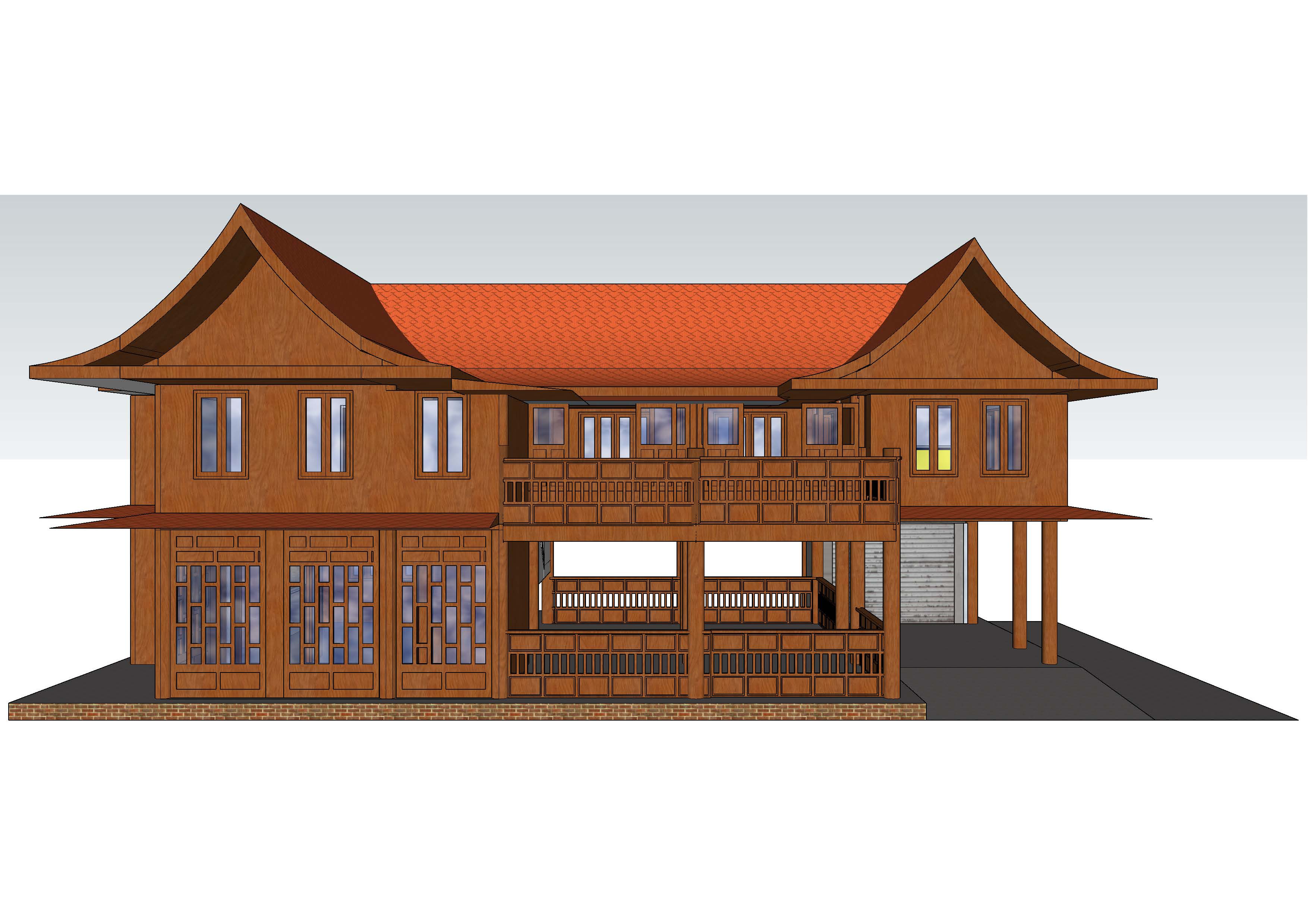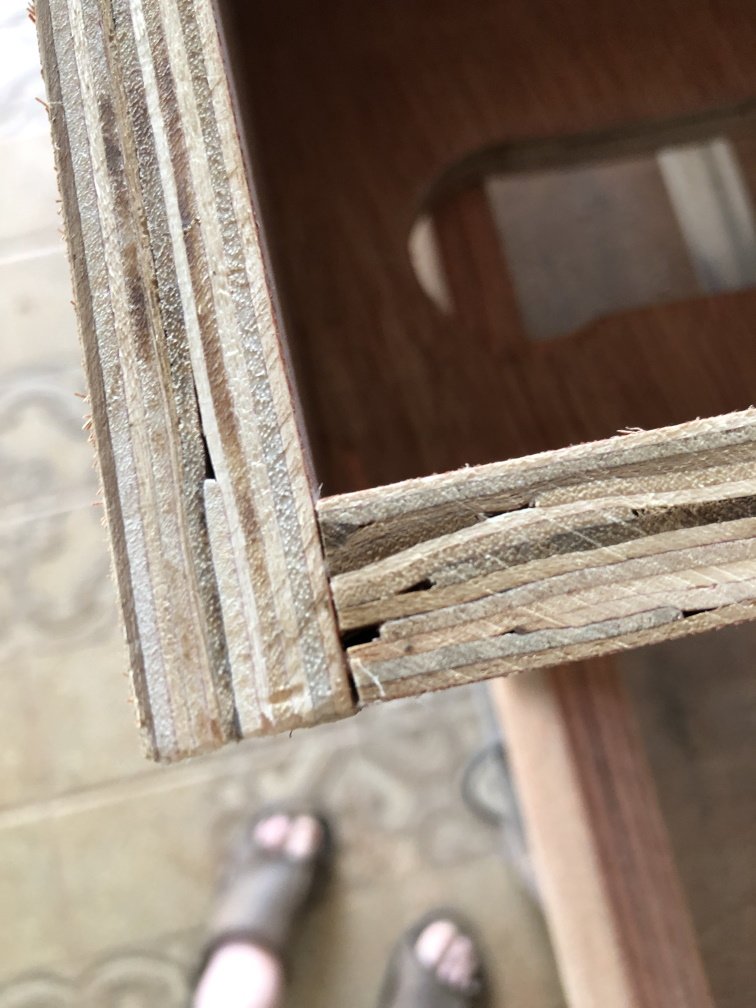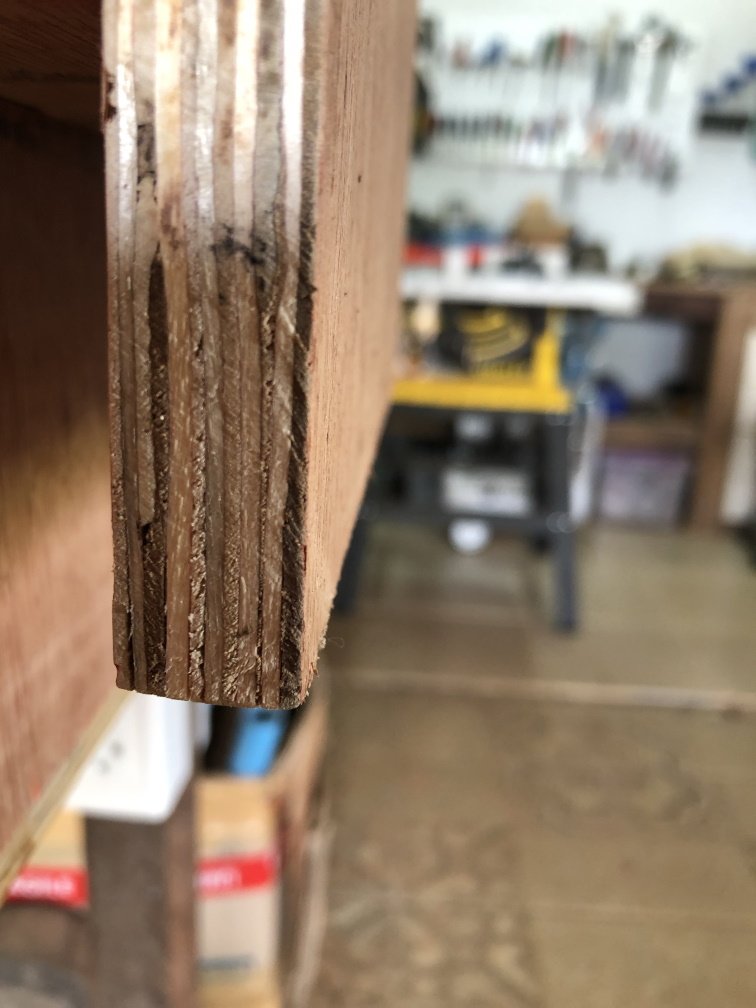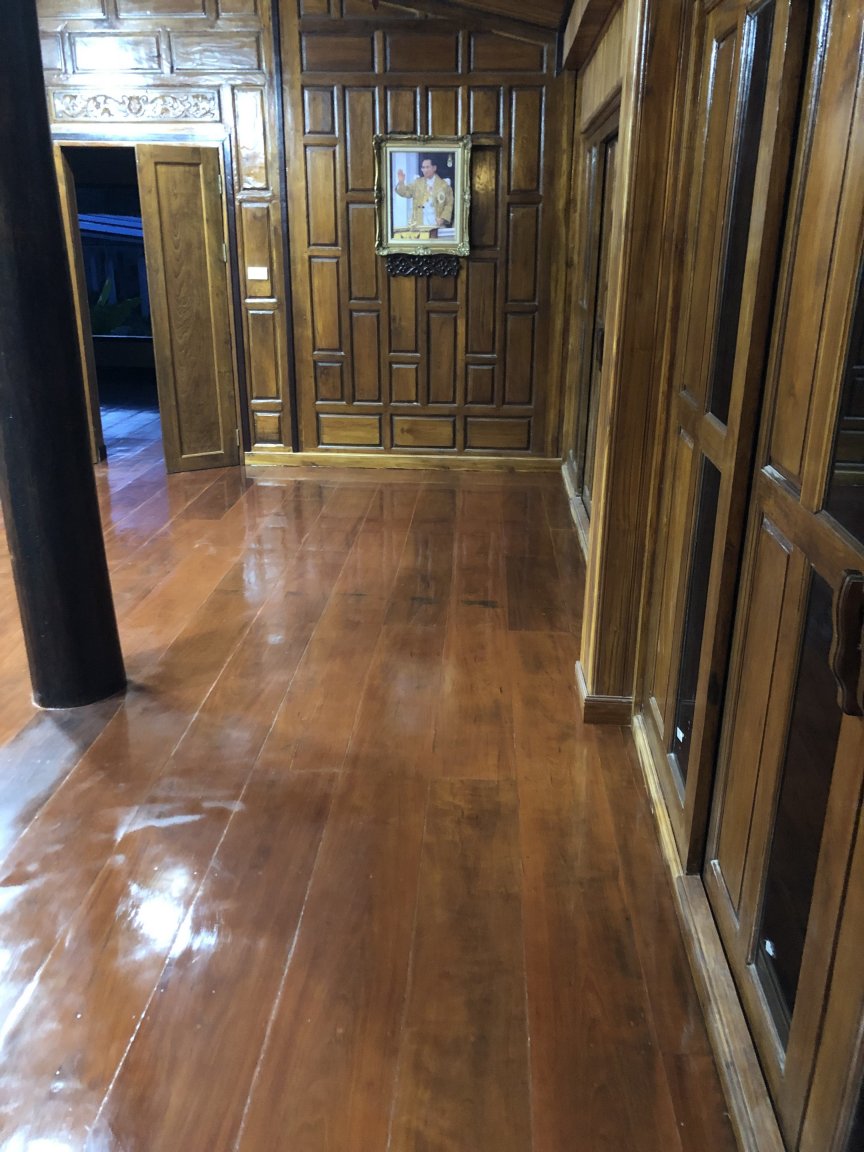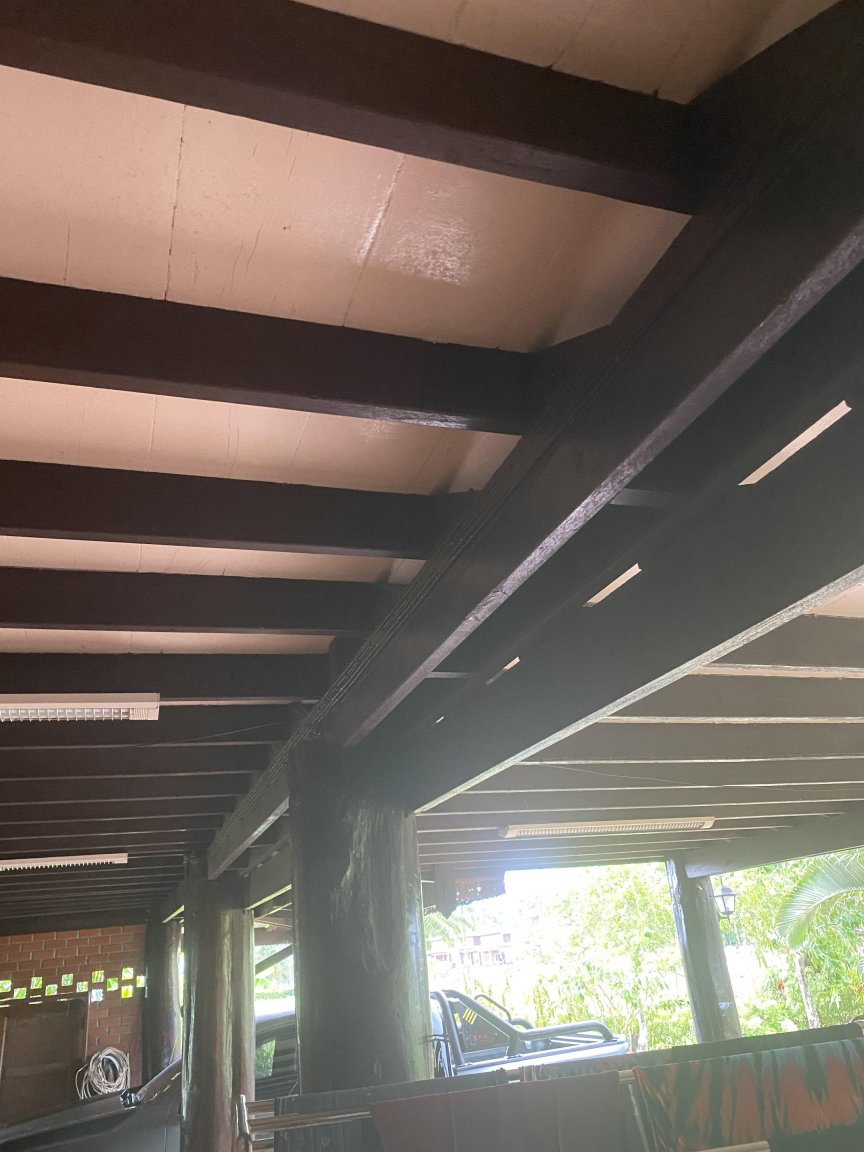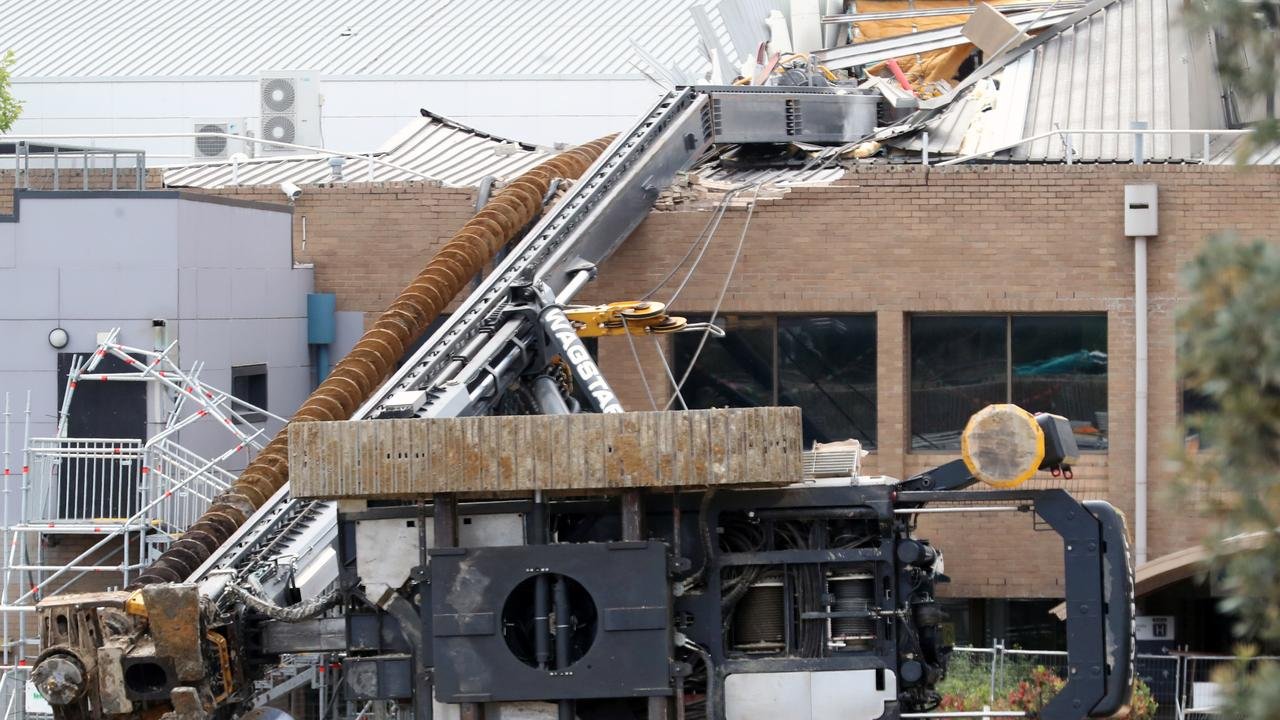-
Posts
192 -
Joined
-
Last visited
Content Type
Events
Forums
Downloads
Quizzes
Gallery
Blogs
Everything posted by Dr B
-
My halfpennyworth. I think it is correctly said that more men die with prostate cancer than die from it. I had an enlarged prostate in about 2014, and was kept under observation. Eventually, because the enlargement is both outwards, as measured at 85ml, and inwards, squeezing the urethra, I had some incontinence. The urologist recommended and carried out a TURP, and the scarpings showed some cancer. PSA was about 2.8. Kept it under observation and PSA rose to over 4. Treatment recommended with options of surgery or radiotherapy. Chose radiotherapy. Had to have a bit of scar tissue from the TURP removed, and also hormone treatment. End result prostate volume down to 25 ml. Qulaified for more intensive treatment over 20 visits. All went well. PSA has now been between 0.1 and 0.2 for 4 years. Worst part was 12 to 18 months after treatment finished. Lots of stinging, passing blood including clots. Now been clear for about 2 years. Please guys, get your PSA checked regularly. I still do.
-
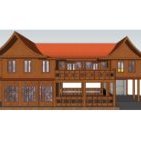
iCon Fraud Unveiled: Lessons in Greed and Hard Truths
Dr B replied to webfact's topic in Thailand News
The main thing that Bitcoin, pyramid and Ponzi schemes, and the iCon scheme have in common is greed. Wanting to make a fast buck. There is nothing whatever behind Bitcoin, so it relies on supply and demand. Initial the value was set low, the supply was low, so demand caused a dramatic increase in value, over time from 20c to $60,000. Anyone who got in early and sold out early will have made a lot of money. But now demand is slowing down, and maybe drying up. In the early days people easily made 10x or 100x their investment, but those days are gone. It makes no sense that someone buying in at $60,000 will make 10x their investment. Maybe 10% if they are both patient and lucky. I very much doubt that any current Bitcoin holders bought in at 20c, but there must be investors still in there for whom the price could fall substantially and they will still make money. The proble is those who bought in recently at a high price. If demand dops and prices start to fall, some will keep their cool but some will panic and sell at a loss. That will fuel a further dop in price, and the bubble could very easily burst. How you think it has a "true value" I have no idea. -

Phuket taxi driver hits foreign man on airport zebra crossing
Dr B replied to snoop1130's topic in Phuket News
Did you take the time to look at the photograph in the OP? -
Q: do Thai MPs require premission to travel overseas? A: Yes, Thai Members of Parliament (MPs) may require permission to travel overseas, especially if they are involved in ongoing legal cases or political matters. For instance, former Prime Minister Yingluck Shinawatra was denied permission to travel by the military government to ensure her presence for criminal charges. Otherwise why would General Pisal have made a "sick leave request"?
-
It seems that you had difficulty reading the OP. I am probably wasting my time but I will try to make it simple for you. August 23 2024; Narathiwat Provincial Court accepted the case in which General Pisan was accused. August 25 2024; Deputy House Speaker Pichet approves sick leave from Parliament, until October 30 2024. General Pisan travels overseas for unspecified medical treatment without medical documentation. Note that when Thaksin tried that recently he was told he could get the treatment in Thailand. October 25 2024, the Statute of Limitations will nullify the case. Anytime between 25 and 30 October General Pisal returns a free man. Surely innocent until proven guilty can only apply if people are given the opportunity to find you guilty? Running away so that you cannot be briught to trial does not demonstarte lack of guilt, quite the opposite. Does that help?
-
You make good points but, running in parallel with the corruption in the Transport Ministry and Department of Land Transport which I mentioned yesterday, we have the same in the Education Department. Funds are provided for everything, including educational trips, but first the minister, another Chidchob, will take a cut for him and his staff (why else would an expoliceman be Minsiter of Education?), then the School Director will take a cut him/herself and staff, and what is left must pay for the bus so it goes to the cheapest operator, who provides a 54 year old death trap spruced up with paint, stickers, and ornaments to look "new". On another parallel line we have the Ministry of the Interior, Khun Anutin, who has been filling his own pockets for years, and now oversees the police. As noted here many times the senior police officers buy their positions to get the returns, while the juniors have to buy their own uniforms and equipment, so are only interested in the many ways of lining their own pockets, and no one is enforcing the laws. I agree with others, that only something like a revolution, or a major political movement from FFP/MFP/PP as long as they can stay clean, seems to have a chance of bringing about change. In the past, even the Democrat Party, led by Chuan Leekpai who was demonstrably clean, was tainted by the other members who were needed to fund the party, like Suthep Thaugsuban. It remains to be seen if (i) the FFP/MFP/PP line can finally get the election support they need, and (ii) if they can find enough honest people, with enough private wealth or income, to take on the senior government roles without needing to fill their own pockets. Quite a big ask.
-
The problem is that the whole system is rotten to the core. We are focussing here on bus inspections at the DLT for obvious reasons, but how many other "certifications" do they carry out? Driver licensing is one, and it seems to be known that many people buy their licenses. Car and pickup certifications are others, and the tea money for each may be small but the numbers are vast, so the multiplication results in a very big number. That money goes all the way to the top of the DLT. But how to clean them out? They come under the Ministry of Transport, which is itself corrupt to the top. Hence the interest in airports and land bridges, not because they aid tourism, but because they are major capital projects from which they can cream off their percentage. The Ministry has been in the control of the Chidchob family for decades, directly or indirectly, and the amount of money they have taken over that time is hard to imagine. So they will not sort out the DLT. That seems to leave the PM, but she has never seen anything other than corruption. Her father ran several profitable businesses through corrupt contracts with various government officials, and then decided he wanted even more so chose to become the one who got paid rather than the one who did the paying. He has now put her in the hot seat, but there is no way she is going to sort it out. Also at the moment we seem to be talking about the driver, the bus company, and the vehicle inspectors, but then there are the people who modified the fuel system, and the coach builders who fitted flammable furniture, with inadequate fire exits. Rememeber that at least 36 of the passengers on the bus were aged between 3 and 9. Could they be expected to break a window, even with a special hammer? If the bus was on its side, breaking the windows may be helpful, but standing upright the children would still have been about 2 m above the ground, and unable to get down, When the accident first occuured, presumably by hitting a pothole and breaking the front axle, it came to a standstill, on a busy three lane road. At what point did the teachers realise that they needed to evacuate? Who was keeping the road clear? There have been some signs that the FFP/MFP/PP may be willing to address this endemic corruption from top to bottom but, as noted here many times, the establishment will do all in their power, and much which is not in their power, to prevent them from having the opportunity. Still hoping for change.
-
I will not attempt to disagree with Sometimewoodworker, who quite obviously is much more expereinced than me. Attached are two photos of some plywood bought from a local timber shop in Krabi. The best they had, which was about By 800 per sheet if I remember correctly. Looked great on the outside, but when I sliced it up it was a different story. I used it for the top of my router table, and still find places where I can push therough the surface becasue there is a void in the laminations beneath. Looking at your floor, it would appear to have stood the test of time, so should go on for at elast as long again if looked after. We had a timber floor in our house (which is all timber), which we bought, dismantled, and rebuilt on our site. You need to check the thickness of the boards, and the size and spacing of the joists. Creaking could be because a few boards are not fixed down properly, or perhaps becasue the joists are a bit too small or widely spaced. I am also attaching a photo of part of our living room. The boards are wider, and thick. There are double floor beams at 3.5 m centres, and then joists about 125 x 50 mm at about 600 centres, see photo from underneath. The floor was all relaid and we rebuilt the house as a mirror image. We bought a belt sander, big heavy thing but it worked, and I v=can walk across the floor without a sound. I love wood, and would not dream of using laminates or plywood! Personal taste.
-

Thailand Embarks on Mega 2.68 Trillion Baht Transport Overhaul
Dr B replied to webfact's topic in Thailand News
The figure of 20,000 fatalities a year has been quoted before, and if is often suggested that it is an underestimate since it only includes those who died at the scene. That is about 60 per day. It is two days since the tragic bus fire, so we can assume at least 140 fatalities since then, but all the mInistry wants to talk about is Bt 2.68 trillion worth of capital expenditure that they can get their greedy little snouts in to. Did anyone else notice that the Minister of Transport, a few hours after the crash, was reported by BBC News as saying that he knew that CG vehicles were dangerous? Today he says that there are over 12,000 of them on the roads that need inspecting! -

Final Suspect in Pattaya Barrel Murder Case Arrested in Vietnam
Dr B replied to snoop1130's topic in Pattaya News
That would apply in a country where the State proecutes for crimes which break the laws of the State. Here it all seems to get very confused, and in most cases the State (i.e. the RTP) will not prosecute unless someone presses charges. Take the murder of Daeng Mo as an example. In this case there is no one in Thailand to press charges. On the other hand, I believe that some countries have laws against harming their citizens anywhere. That is probably why the murder of a South Korean, wherever it was committed, can be prosecuted in South Korea. Hopefullt the RTP will assist by providing whatever evidence they have gathered. -

Thailand's Landmark Move: Same-Sex Marriage Legalised
Dr B replied to webfact's topic in Thailand News
And don't forget that residency does not alllow work. A Work Permit is still required. -

Thailand's Landmark Move: Same-Sex Marriage Legalised
Dr B replied to webfact's topic in Thailand News
Sorry my mistake but, unless you are still very young, 30 years would be a good start. -

Thailand's Landmark Move: Same-Sex Marriage Legalised
Dr B replied to webfact's topic in Thailand News
I am not quite sure what "gives residency to foreign women marrying Thai men" means. In what way is it "given"? When I was married to my Thai wife, and we had children, I applied for, and was granted, residency on the basis of supporting a Thai family. That is how I am here now, with no reporting, no annnual extensions, just living here except when I need to go overseas. -
Most of the comments above are correct, although some may be sarcasm. 1 Tiles are not fixed down, they are held in place by gravity only. 2 Leakage will then mainly depend on the pitch of the roof, and the angle of the rain. If the pitch is < 45 degrees, and the wind is low, they will leak as RocketDog suggested. 3 In the OP you referred to if "these roofs were on houses in Taiwan, with the Typhoons, and SUPER TYPHOONS, typical of Taiwan....then....the would be gone...in a... NEW YORK MINUTE." Probably true, but we tend not to have such strong wnds in Thailand, depending on whereabouts you are. But with much lower wind speeds than Taiwan, don't even think about trying to tie down a large sheet of plastic sheeting as illustrated. That would be doomed to disaster. 4 My roof is a traditional Thai roof, very steep (> 45 degrees) and slightly curved. The individual tiles hang over wooden battens and are held down by gravity. It is steep enough to not leak, and the tiles are heavy enough not to be disturbed by wind. I did have a layer of rockwool fitted under them to minimise heat in the bedrooms, which works.
-

Routh attempted assassination case assigned to Judge Cannon
Dr B replied to jerrymahoney's topic in Political Soapbox
Sorry "many" not "amy" -

Routh attempted assassination case assigned to Judge Cannon
Dr B replied to jerrymahoney's topic in Political Soapbox
Those were my thoughts, but only assuming that the "letter of premeditation" was genuine. I recall that, not amy days ago, there was circulation for one day of a sworn affidavit by an ABC employee that the Harris/Trump debate was fixed, but that seemed to die as quickly as it arose, so now I assume was fake news. -

Thailand's Landmark Move: Same-Sex Marriage Legalised
Dr B replied to webfact's topic in Thailand News
Where have you read that a male "marrying a Thai male gets a green card?" -

Thailand's Landmark Move: Same-Sex Marriage Legalised
Dr B replied to webfact's topic in Thailand News
If you mean "scam" so as to purchase land, I see no reason for that as being married to a Thai does not give you any rghts to own land. -

Thailand's Landmark Move: Same-Sex Marriage Legalised
Dr B replied to webfact's topic in Thailand News
I have a British colleague on Koh Samui who specialises in this. He tells me that an English will, once translated into Thai, can be registered at the "local Government outlet" and it then becomes binding here. I am guessing that you offered the local Government outlet a foreign language will. -

Thailand's Landmark Move: Same-Sex Marriage Legalised
Dr B replied to webfact's topic in Thailand News
I got married here properly well over 20 years ago, and when we bought a house I had to sign papers at the Amphoe that the house was not considered property of the marriage, which would be disposed of 50/50, so that I would not acquire land. The best wat to deal with your problem, for you or anyone in a less secure position, is to sign a 99 year lease from your wife on the house. That should continue even if she deceases. -

Thailand's Landmark Move: Same-Sex Marriage Legalised
Dr B replied to webfact's topic in Thailand News
"However, the Act did not fully address their needs, as it did not grant the same rights as those afforded to male-female couples." If you read the OP carefully, you will see that "the Act" referred to here was "the Partnership Act" proposed by the MFP member, where as the new one is "the Marriage Equality Bill", proposed by Pheu Thai. -

Tourism Minister Aims to Levy 300-Baht Fee for Visitors
Dr B replied to webfact's topic in Thailand News
It is interesting that TAT always talk about how much the country is going to earn from tourism, Bt 3 trillion being the current long term objective. How on earth do they know how much tourists actually spend, apart from airfares maybe, which presumably don't count anyway, and probably hotels in some rough calculation. I cannot see any way that ll of the rest, on food, local transport, entertainment etc can be traceable, so they must just be doing the easy thing and multiplying the number coming in by some notional spending sum. Simplest wat to increase the amount foreigners soend is just to increase the notional spending sum. No one will notice. Job done. -
What nobody seems to have commented upon is this weird arrangement here where two government departments are vying for issuing visas, here the Ministry of Foreign Affairs (LTV and DTV) and the Ministry of the Interior through the TAT (TPV). This is what happens with coalition Governments, with snouts fighting at the trough, and no-one talking to the Ministry of Finance who are licking their lips over taxes. Don't worry though, the Prime Minister will bnang afew heads together and get it all sorted out at the next Cabinet meeting, if she has finsihed playing with her Barbie dolls.
-

Early Release Scheme Hits Hurdles as Several Returned to Prison
Dr B replied to Social Media's topic in World News
If you can maintain your attention span enough to read to near the end of the OP, you will find that the report is about those released undedr the old, Tory, scheme, as Keir Starmer's scheme has not even started yet.

